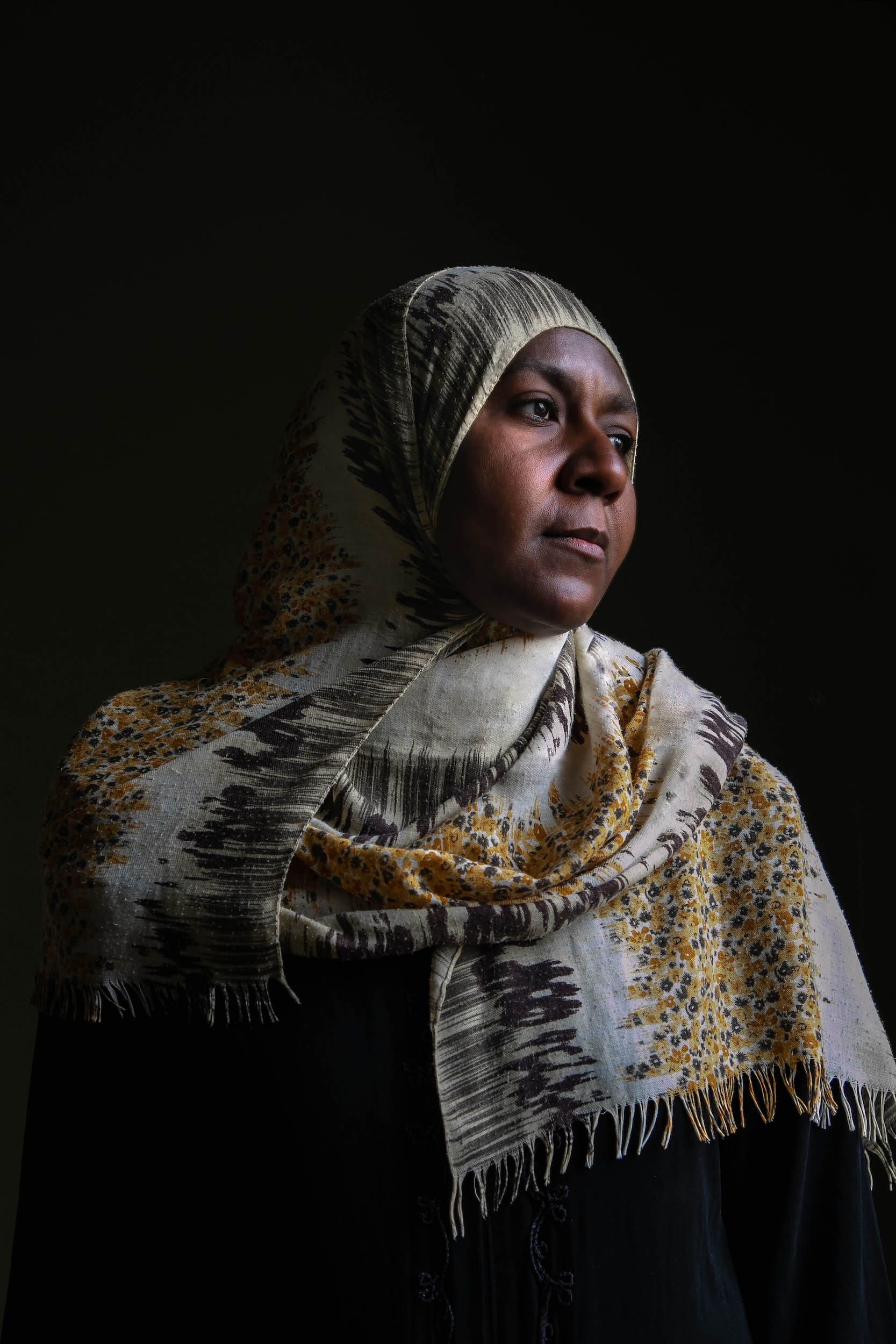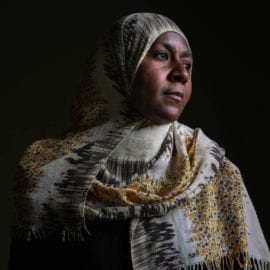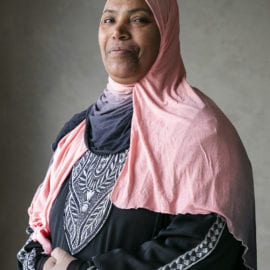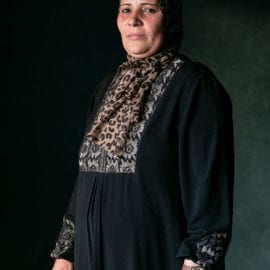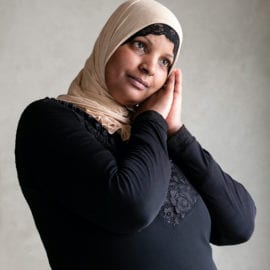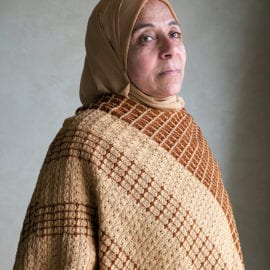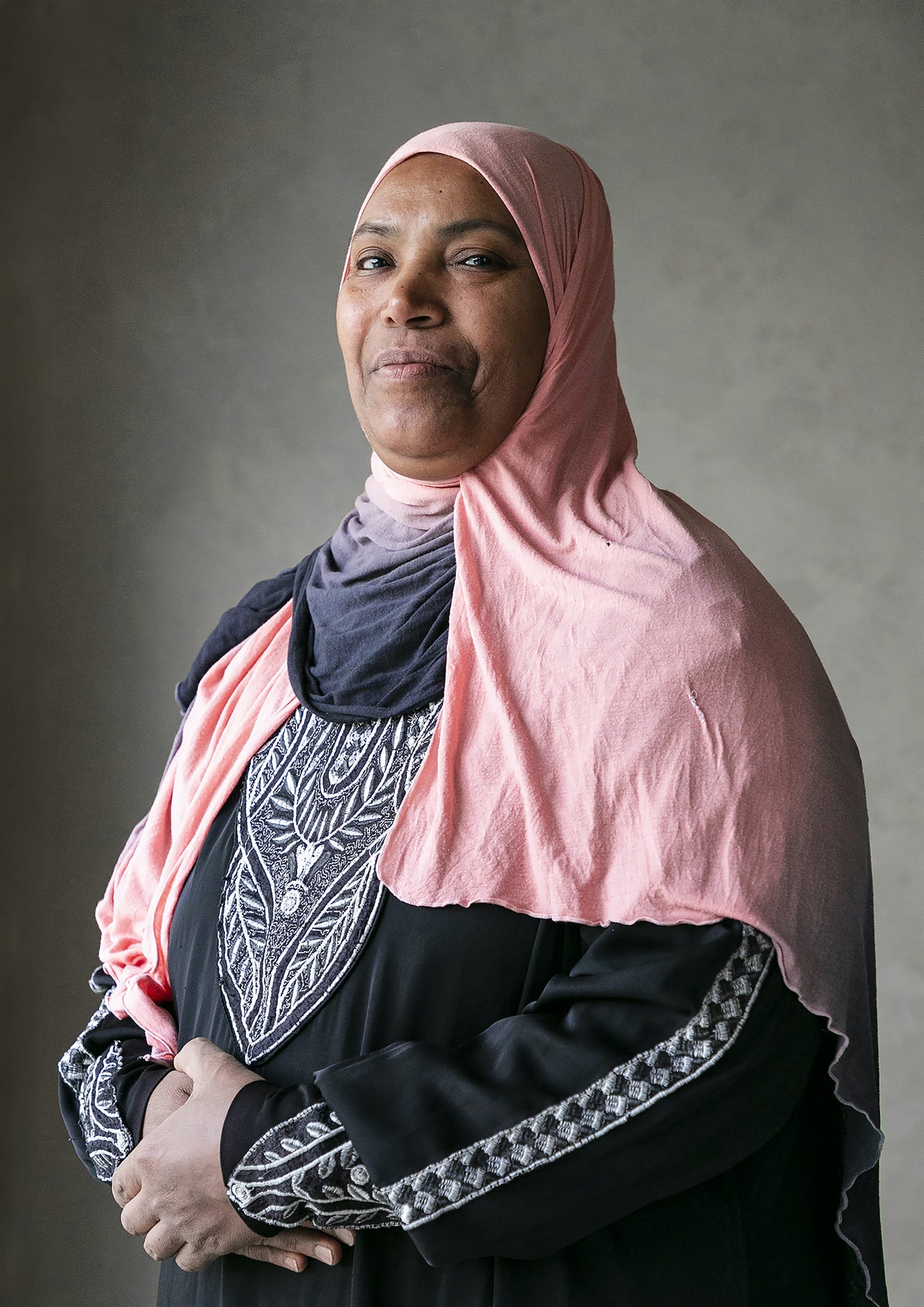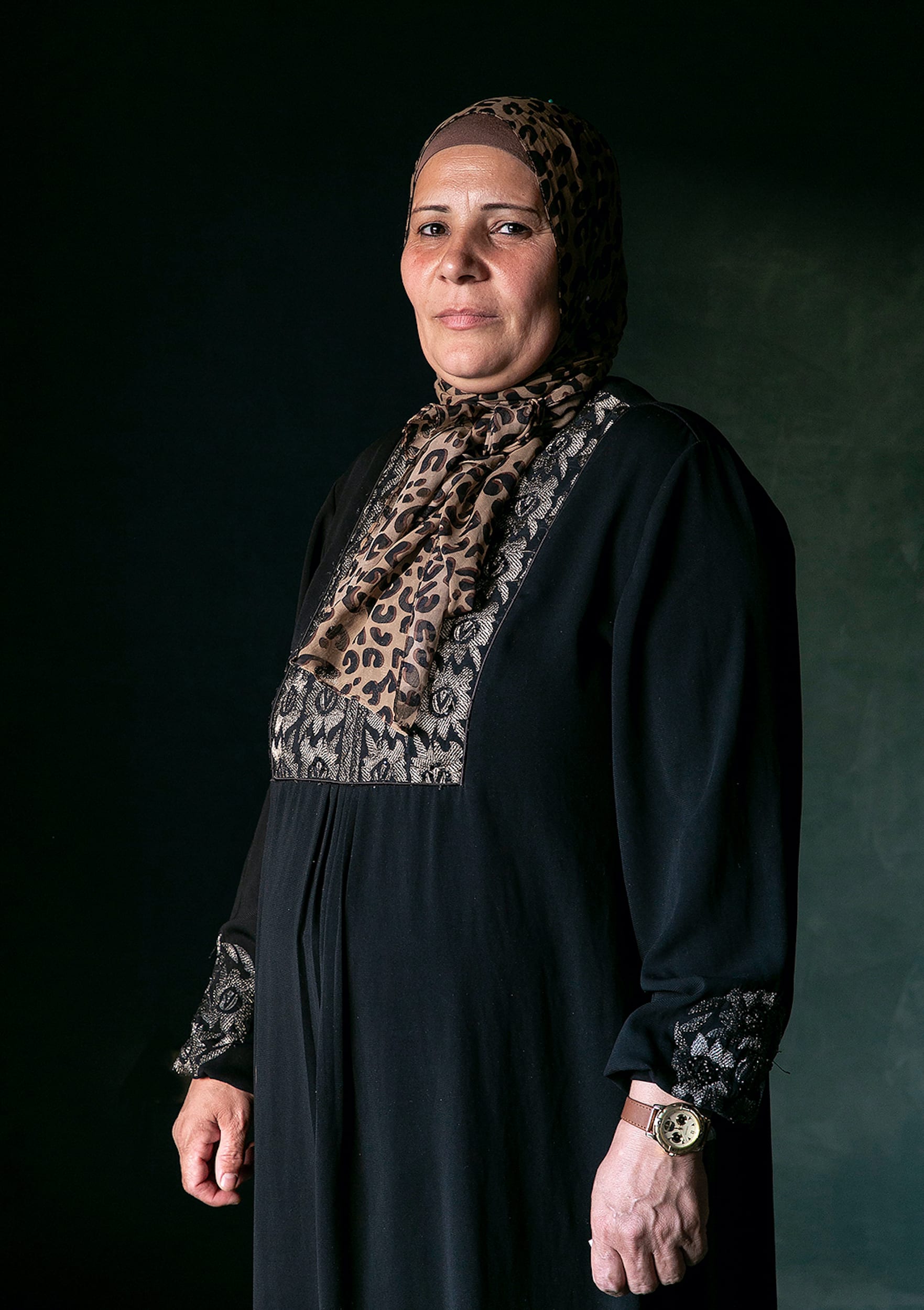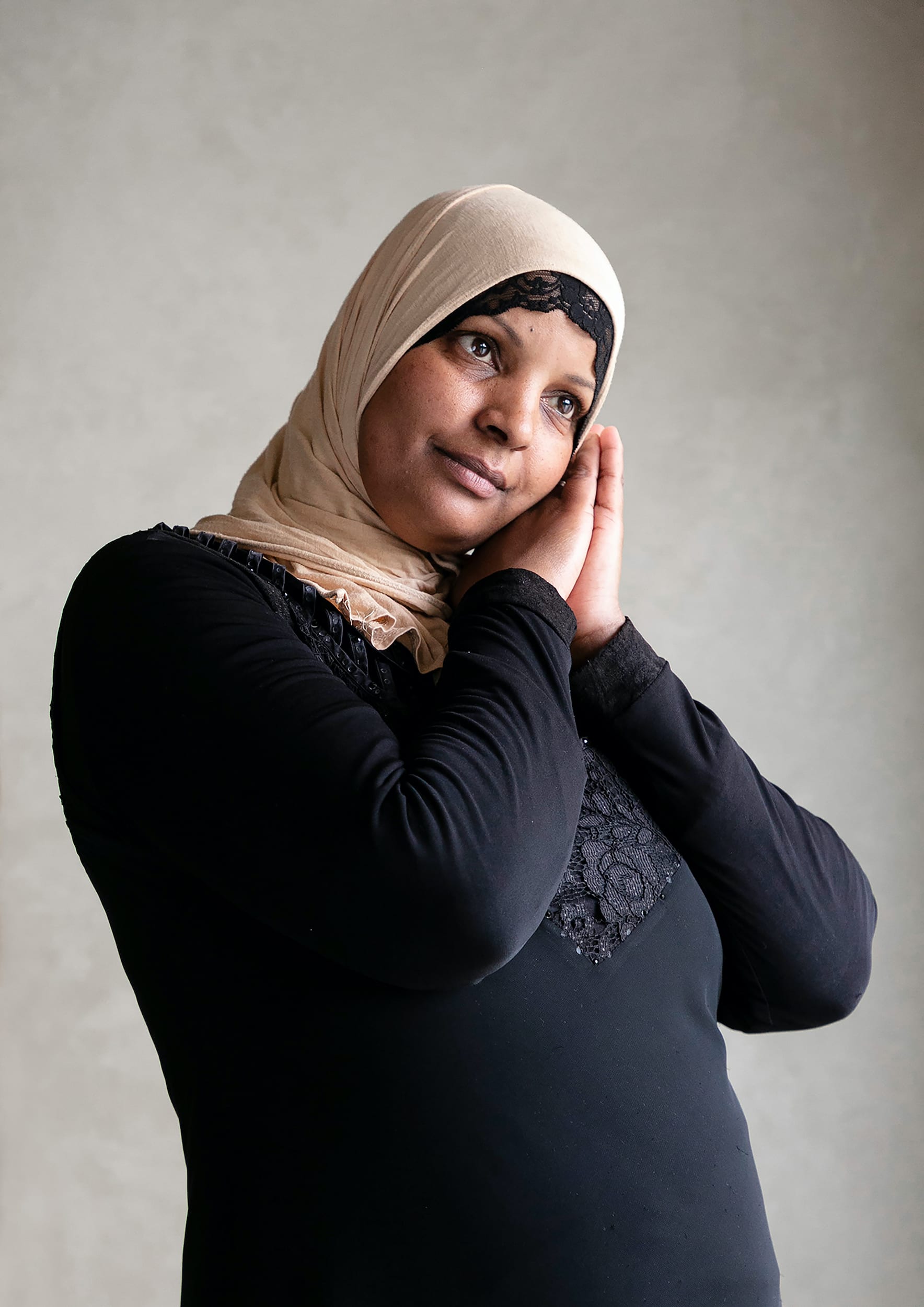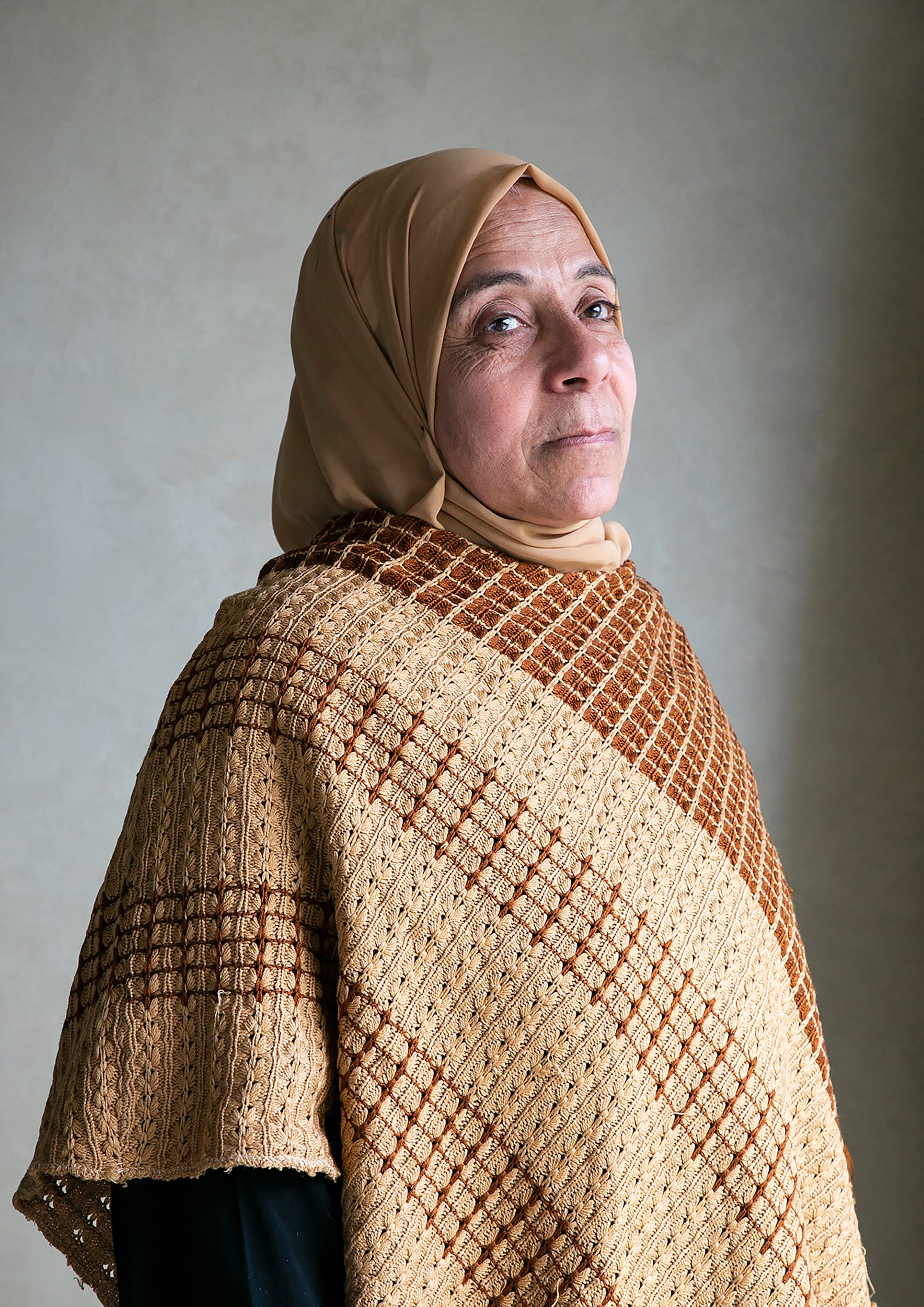The hidden labours of Egypt’s domestic workers
Amal, Arabic for "hope," is a 43-year-old mother of one. Cooking, cleaning, and maintaining the same two-bed apartment was the lifetime job she inherited from her mother. “My ex husband used to drink and smoke up in-front of our son. When he started getting physically aggressive, I stood up to him and got a divorce.” © Lina Geoushy.
Source:
